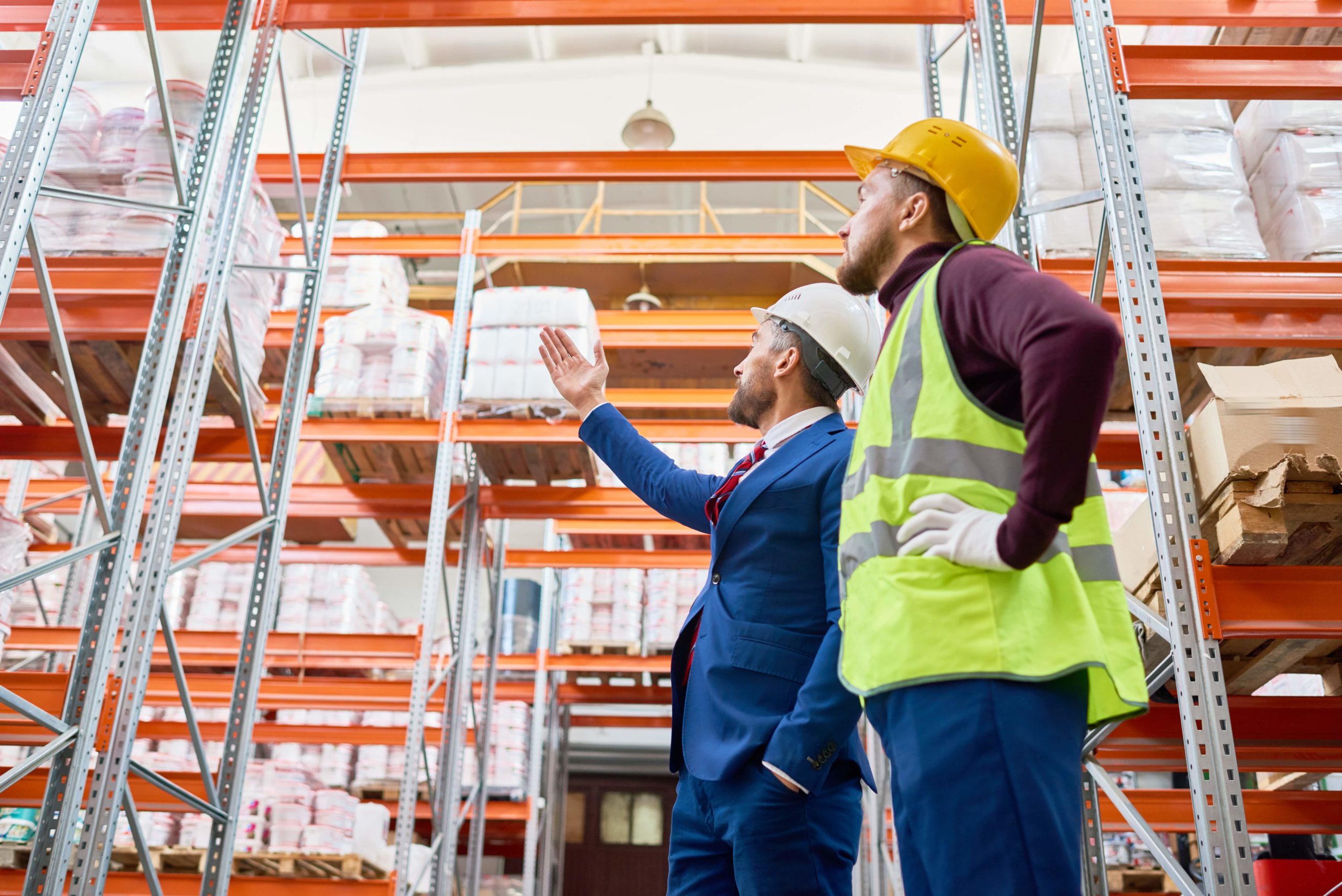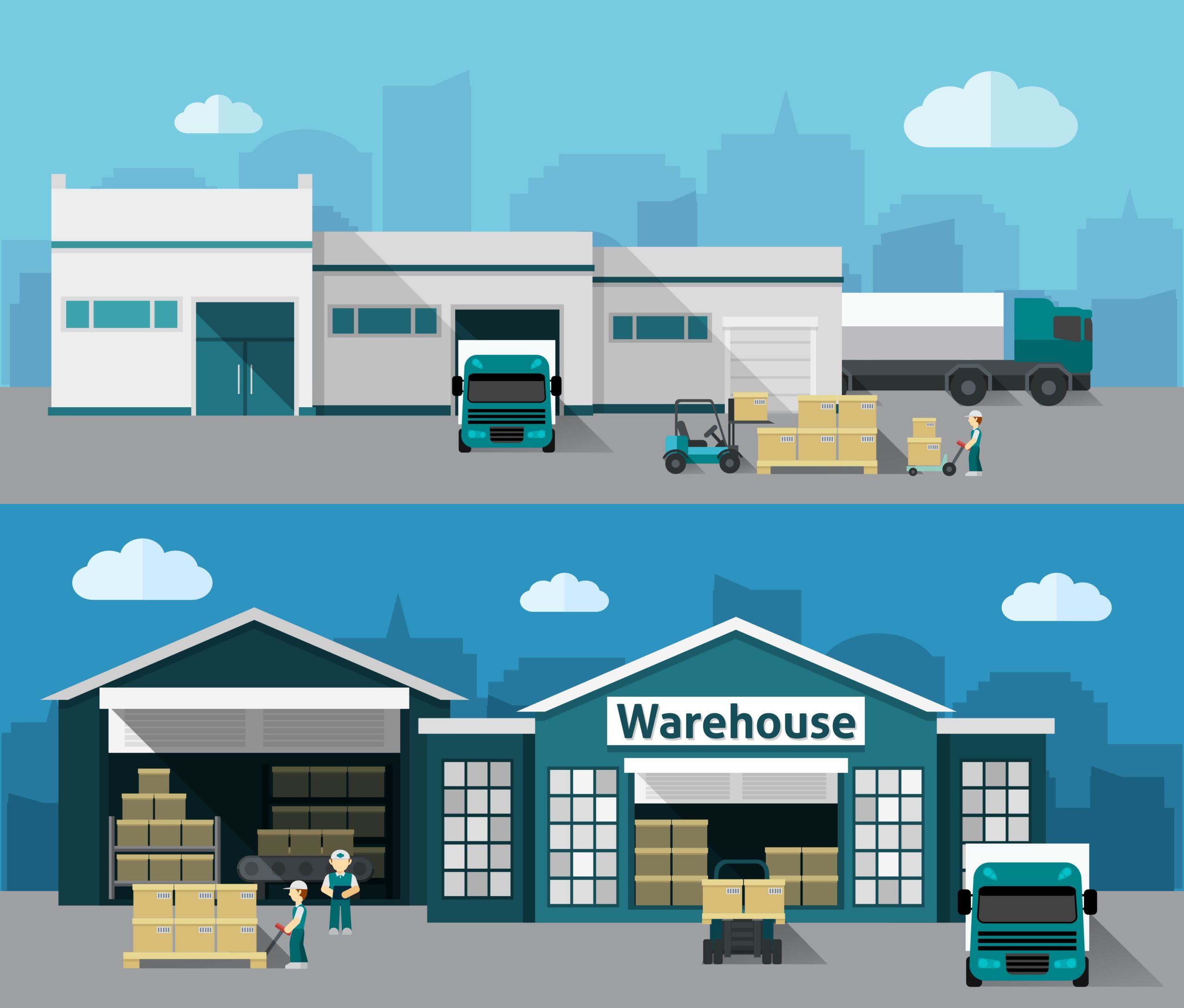Tag: Technology
-

Blockchain in Supply Chain: Transparency and Security in Modern Logistics
Blockchain has emerged as a transformative technology across various industries, and logistics is no exception. Known for its ability to securely and transparently record transactions, blockchain is redefining supply chain management by offering unparalleled traceability and security. This technical article examines how this technology works in logistics, its specific applications in supply chains, and the…
-

Logistics Optimization with AI: Improving Transport and Logistics Efficiency
In this article, we will examine how artificial intelligence (AI) is revolutionizing logistics optimization with AI in the planning and routing optimization in land transportation, providing significant benefits in terms of operational efficiency, cost reduction, and improved delivery times. Route Optimization AI-powered route optimization goes beyond considering factors such as traffic and weather conditions; it…
-

Logistics and distribution plan: productivity improvement
Logistics and distribution planning are essential aspects of any business. Specially for one that aims to increase productivity and achieve growth. It doesn’t matter how big or small An efficient logistics and distribution plan helps a company streamline its processes. Also to reduce operational costs, and improve customer satisfaction. Embrace Technology In today’s digital age,…
-

ERP: functionalities and features
Enterprise Resource Planning (ERP) is a software specially designed to control the flow of information in a company. This type of software is in charge of different internal operations of a company: from production to distribution. Types of ERP systems The fluidity of an Enterprise Resource Planning system and the different factors that affect it…
-

5 keys to master ecommerce
Ecommerce is a booming business and there are millions of people who want to participate in the sector. What sets it apart from traditional businesses is the fact that anyone can do it at home. However, there is more than meets the eye when it comes to running a successful ecommerce store. There are many…
-

Reverse logistics examples in 2022
Reverse logistics is a subset of supply chain management that encompasses the entire reverse process. In retail, this typically involves the sale of used or returned goods at a discount and their subsequent resale. Reverse logistics also takes into account the packaging, shipping and storage of returned products until they can be resold or recycled.…
-

Logistics and the importance of inventory control
What is an inventory? We know that an inventory is a specifically organized and detailed, ordered and valued list of the elements that make up the assets of a company. Now the main objective of inventory control is to guarantee the availability of a product required by a customer when and how the customer needs…
-

5 examples of the global supply chain
We will try to define what a global supply chain is, also called a global supply chain. Global supply chains are varied, dynamic and complex organizational structures that are constantly evolving in order to adapt to the requirements of the global market. They are also described as global production networks or global value chain. Consequently,…
-

Raw materials in 2022
We begin by defining raw materials as materials that we obtain directly from nature, i.e., natural resources that are useful and valuable to man. Raw materials can be of the following origin: animal (wool, silk, fur), vegetable (plants, seeds, wood), mineral (sand, marble, iron) and fossil (natural gas, oil, coal). Raw materials are all those…
-

Last mile delivery in logistics: what is it?
Last mile delivery refers to the final transportation of products, goods and even people. This term has its origins in telecommunications, to describe the difficulty of connecting homes and businesses to the main telecommunications network so the term Last Mile Delivery has been coined to refer to the delivery of goods or services that the…